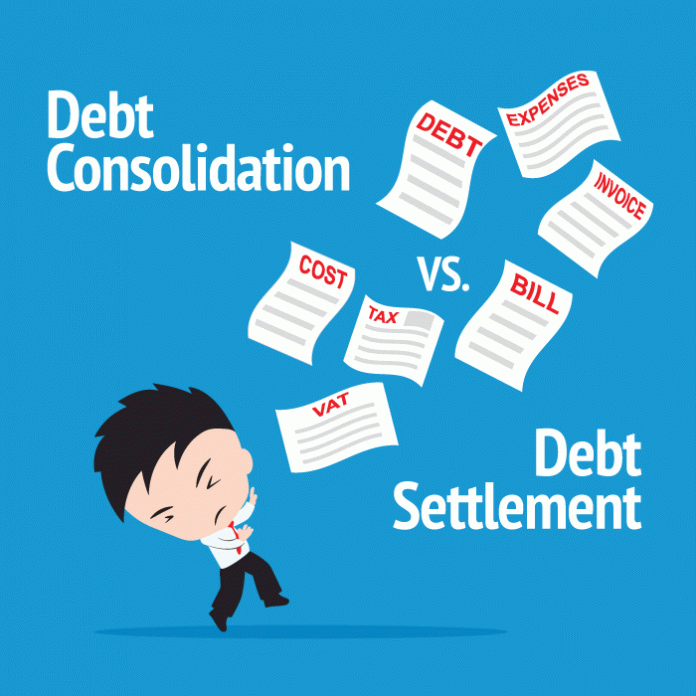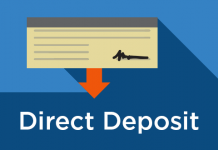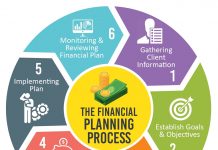If you have several unsecured debts, such as credit cards or medical bills, a debt consolidation program can merge these into one single larger debt. This type of program could benefit you if your current monthly payments have become too high or too difficult to pay.
Advantages of a Debt Consolidation Program
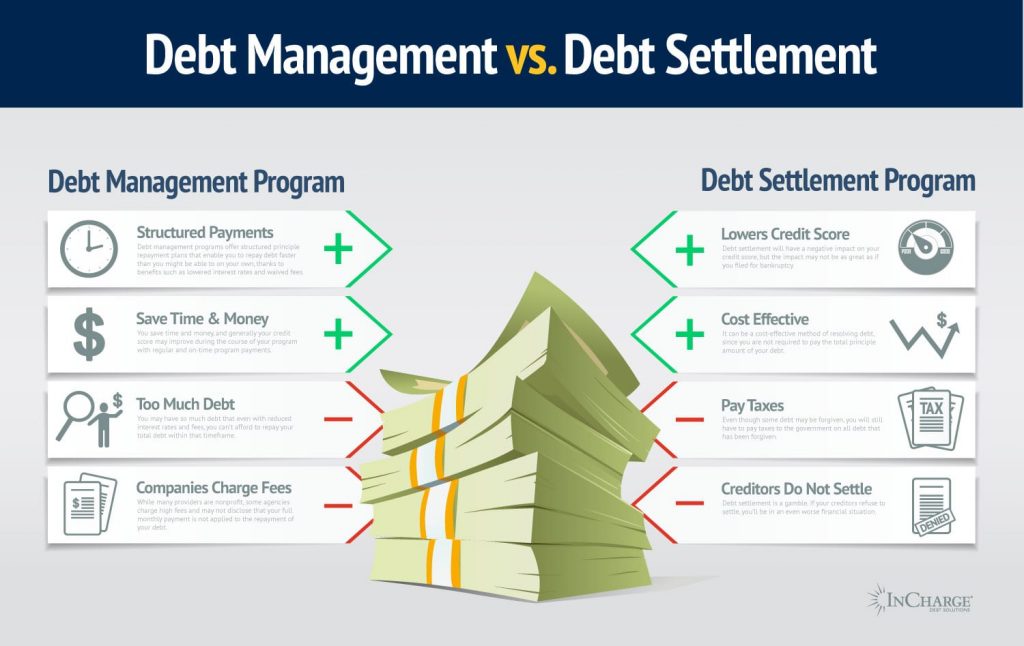
- You will only have one monthly payment instead of several, which can eliminate the chance of a missed payment because of too many creditors.
- The interest rate can be significantly lower than the interest rate on your credit cards.
- You can avoid bankruptcy and becoming delinquent (or more delinquent) on your debt.
Disadvantages of Debt Consolidation Program
- You may be lowering the interest rate, but will not be lowering your amount of total outstanding debt.
- You might end up paying longer than the original payment plan.
Effects of Debt Consolidation on Your Credit Rating
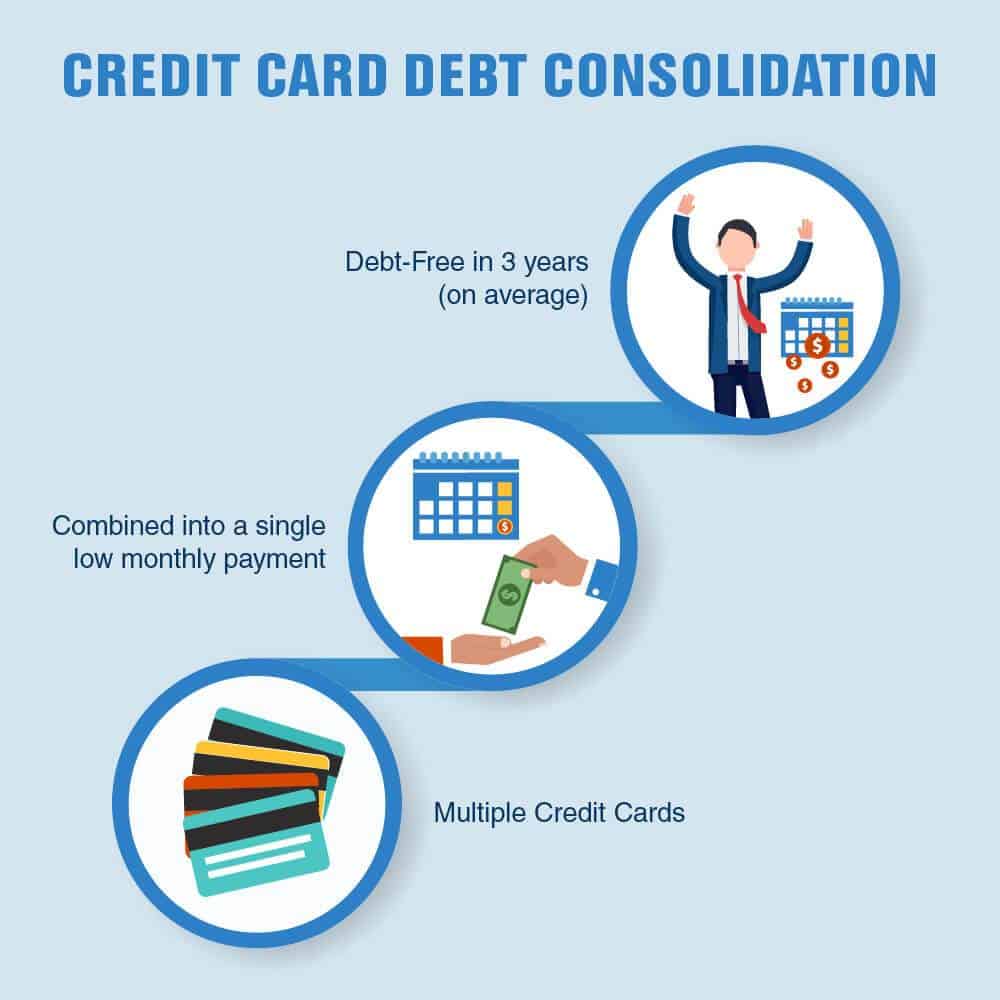
Consolidating debt can have conflicting results on your credit rating. On one hand, if you are paying off several items that have become delinquent, your credit score should improve over time. However, a debt consolidation payment will mean another account shown as open on your credit report. Unless your old loans are closed after they are paid off, this can which can negatively influence your credit rating. (Due to a large number of open accounts.)
Costs Involved in Debt Consolidation
There are three costs commonly associated with debt consolidation: An upfront fee for legwork done by the company to consolidate your debt; a monthly processing fee for maintaining your account; (Some companies do not charge this fee.) and the interest payment which is the monthly charge added to the principal for the money owed.
The company handling the debt consolidation and the amount of debt owed determines the exact amounts.
Qualifications for Debt Consolidation
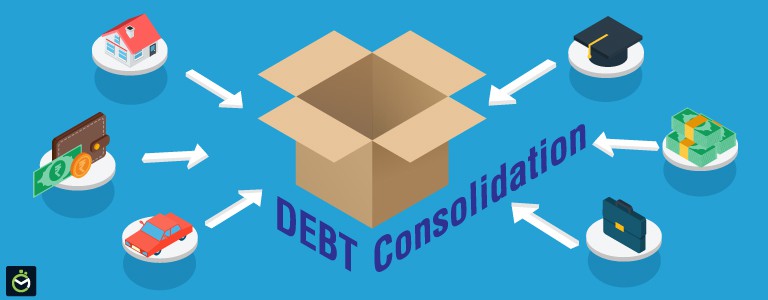
Each debt consolidation program will have its own eligibility requirements. Most companies will consider factors such as: a steady and stable income, a good payment history with others, and if you have lived at the same residence for the past couple of years. All these things are strong indicators of whether or not you will repay the debt consolidation.
How to Evaluate Your Options
Most people assume that a consolidation program means finding a company that handles debt management, debt counseling, debt settlement, and similar programs. While this is a viable choice, there are other ways to consolidate your debt through one of these options:
An Unsecured Loan – These can be obtained through credit unions, banks, and other financial institutions. There is no collateral involved but the interest is usually pretty high. Another form of a secured loan would be a credit card balance transfer, where you move all debt to one credit card that has a large credit limit.
A Secured Loan – This type of loan would require you to provide collateral, such as the title to your vehicle or deed to your house. The downside of this would be if you failed to pay the loan back, you would lose your car or home.
Peer-to-Peer Loan – These can be found on the internet and are typically offered for small businesses, but individuals are also allowed to apply. However, these loans usually have a very high interest rate.
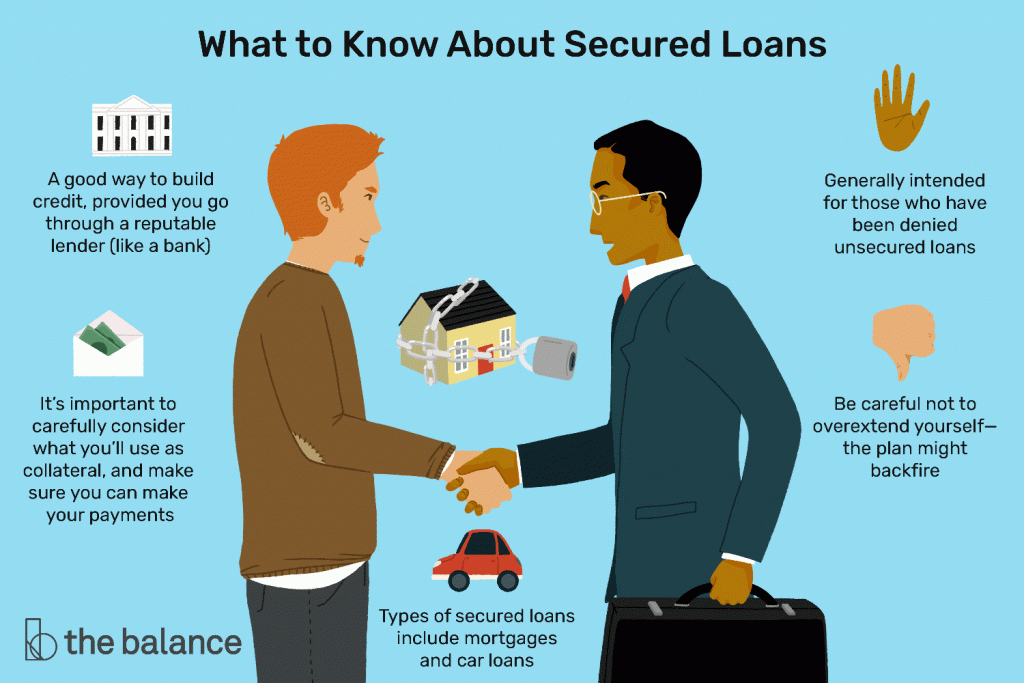
When deciding whether or not to use a debt consolidation program consider the following:
Your debt amount – Some debt consolidation companies have a minimum and maximum amount they will consolidate. Be sure to find out these amounts, before applying for a loan to make sure the company can actually help you.
Interest rate and payment – Is the new interest rate and payment actually lower? It also matters if the interest rate is fixed or variable.
The bottom line is that debt consolidation does not eliminate the debt it only shifts it, which means it will only help if the individual can learn to manage their finances. Consider the above facts and then make the right decision for your financial future.
Angel Cruz lives in New York and writes about many personal finance topics including what is a debt consolidation program. She wants to help as many people as possible manage their finances better.


